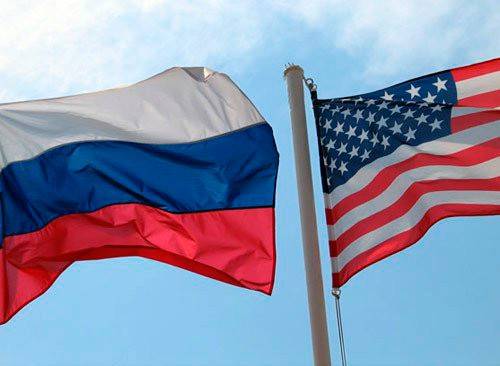US warns Russia over secret cruise missile deployment
Shares

WASHINGTON, Feb 14 (APP/AFP): The United States warned Russia to respect its arms control treaty obligations on Tuesday amid reports that Moscow has deployed a new cruise missile that may breach them.
According to the New York Times, Moscow has secretly deployed an
operational ground-launched cruise missile unit of a type that contravenes a
1987 US-Russia arms control treaty.
The US State Department would not directly confirm the report, but
expressed concern that Russia was in any case already in breach of the
Intermediate-Range Nuclear Forces Treaty.
"We do not comment on intelligence matters," acting State Department
spokesman Mark Toner said of the report.
But, citing a 2016 US treaty compliance report, Toner said Russia "remains in violation of its INF Treaty obligations."
This treaty, signed by then US president Ronald Reagan and Soviet leader Mikhail Gorbachev, bans ballistic missiles with a range of between 500 and 5,500 kilometers.
"We have made very clear our concerns about Russia's violation, the risks it poses to European and Asian security and our strong interest in returning Russia to compliance with the treaty," Toner said.
"We value the INF Treaty and believe it benefits the security of the United States, our allies, our partners and the Russian Federation."
The previous US administration under president Barack Obama has already complained that President Vladimir Putin's Russia violated the INF Treaty by testing a banned cruise missile.
Now, according to the Times' report, this missile has been deployed to active units, including one at a test site in Kapustin Yar in southwest Russia. Putin has defended Russia's test program, arguing the United States is also in breach of the INF Treaty and that new missiles are needed to maintain the balance of power.
The United States and its NATO allies are deploying an anti-missile shield in eastern and central Europe that Moscow sees as a threat to its nuclear deterrent.
Washington insists the interceptor shield is designed to protect Europe from so-called "rogue states" such as Iran.
